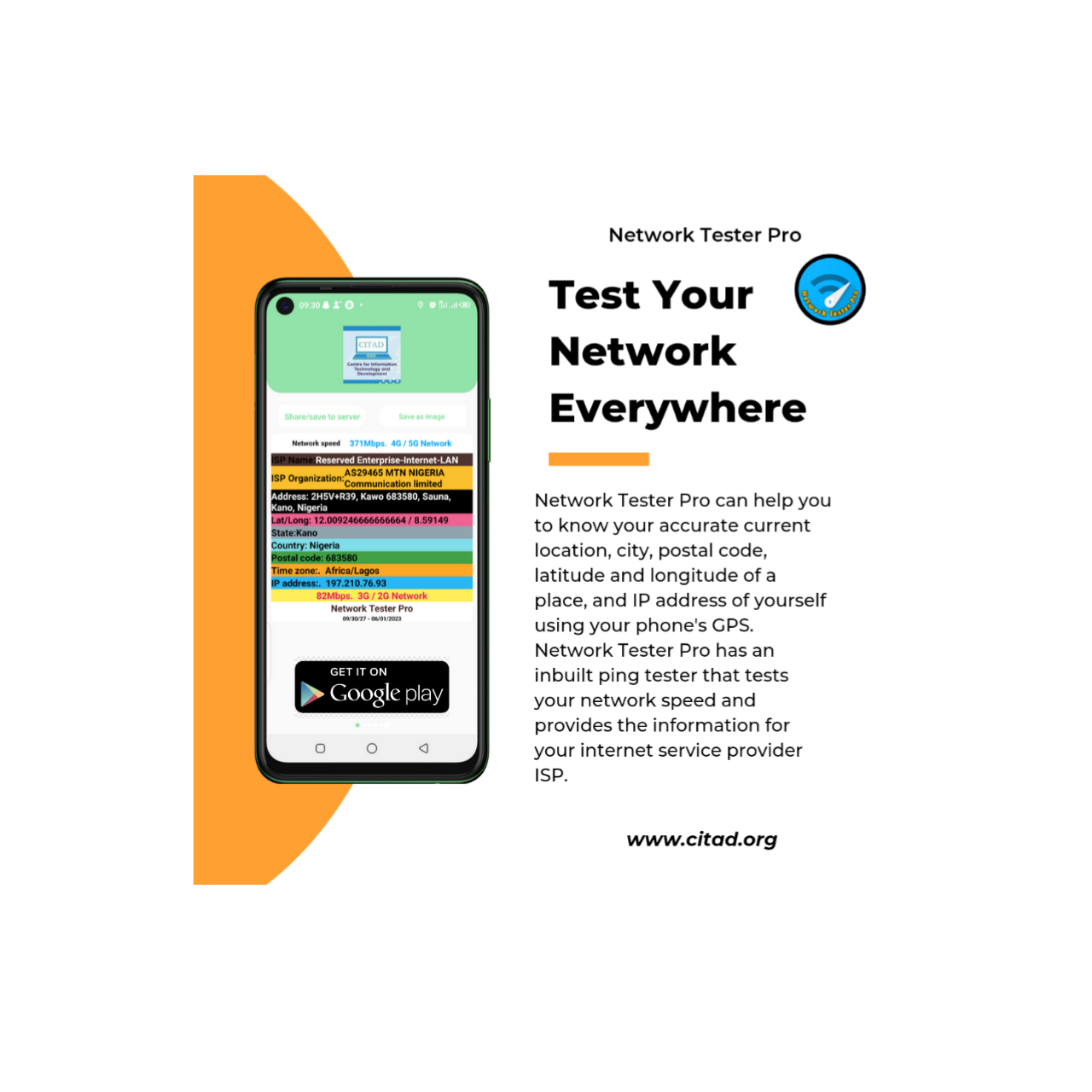In recent years, a new cyber entity has emerged on the global stage, capturing the attention of governments, tech companies, and the general public alike: Anonymous Sudan. This group, which seems to align itself with the broader Anonymous movement, claims to be fighting for the rights and freedoms of the Sudanese people through digital activism and cyberattacks. But who are they, what do they stand for, and how do they operate? This article aims to shed light on the rise of Anonymous Sudan, their activities, and their impact.
The Origins of Anonymous Sudan
Anonymous Sudan appears to have emerged in the context of Sudan’s ongoing political and social turmoil. The country has experienced significant instability in recent years, marked by protests, government crackdowns, and a challenging economic environment. In this volatile atmosphere, a group of hackers identifying themselves as Anonymous Sudan began to surface, leveraging cyberattacks to voice their discontent with the current state of affairs in Sudan.
Much like the original Anonymous movement, Anonymous Sudan seems to operate under the banner of hacktivism—a blend of hacking and activism. Their stated goals are to expose government corruption, advocate for human rights, and fight against oppression in Sudan. However, their methods often involve disruptive cyberattacks, which they justify as necessary measures to bring attention to their cause.
Anonymous Sudan has claimed responsibility for a series of cyberattacks targeting government websites, financial institutions, and other critical infrastructure within Sudan. These attacks typically take the form of Distributed Denial of Service (DDoS) attacks, defacements, and data leaks. By overwhelming websites with traffic or exploiting security vulnerabilities, the group seeks to disrupt the operations of their targets and draw attention to their message.
In addition to targeting local entities, Anonymous Sudan has occasionally extended its activities beyond national borders, attacking international organizations and websites to amplify their cause on a global scale.
While Anonymous Sudan portrays itself as a force for good, their activities have not been without controversy. Critics argue that their cyberattacks often harm ordinary citizens more than the intended government or corporate targets. For example, disruptions to banking systems or public services can have a significant negative impact on everyday life in Sudan.
There is ongoing debate about the group’s true motives and the extent of their ties to the broader Anonymous movement. Some observers speculate that Anonymous Sudan may be a front for other interests, using the guise of activism to pursue different agendas. The lack of transparency and the anonymity of the group’s members make it difficult to ascertain their true intentions.
The activities of Anonymous Sudan have drawn the attention of cybersecurity experts and international organizations. Governments and companies are increasingly investing in cybersecurity measures to protect against such attacks.
At the same time, the group’s emergence has sparked discussions about the role of cyberactivism in the modern world. While some view Anonymous Sudan as a legitimate voice for the oppressed, others see them as a dangerous group that uses illegal methods to achieve their goals.
Anonymous Sudan represents a new chapter in the ongoing saga of cyber activism. As they continue to operate in the shadows, their impact on Sudan and the global digital landscape remains a topic of intense debate. Whether viewed as freedom fighters or digital vigilantes, their activities highlight the growing intersection of technology, politics, and activism in the 21st century.
As the world watches, the actions of Anonymous Sudan will undoubtedly shape the future of cyber warfare and digital dissent.





